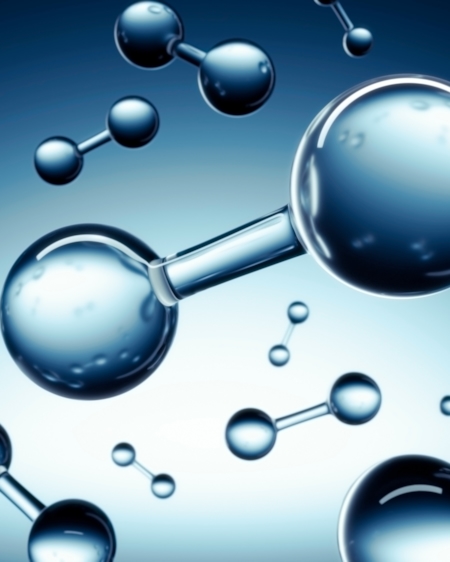
Hydrogen Distribution and Transport Networks
Analyses and studies conducted by Kiwa at Netbeheer Nederland and within the Leeds H21 City Gate project by Kiwa UK show that existing gas networks can be repurposed to distribute hydrogen, with some adjustments:
-
The transition from natural gas to hydrogen will require new gas meters and boilers for central heating/hybrid heat pumps designed for hydrogen.
-
Gas appliance installers will need training to install hydrogen appliances.
-
Hydrogen will require odorization so that gas leaks can be easily detected.
-
Research on materials will be necessary for the network components to ensure they are not negatively affected by hydrogen.
In this case, the goal is to achieve full decarbonization, providing new energy solutions to current natural gas users in the domestic, industrial, and commercial sectors.
Contact us
Kiwa Services for Hydrogen Distribution
Thanks to the experience gained in the sector and the extensive knowledge developed in recent years both nationally and internationally, Kiwa is able to support the hydrogen distribution sector and its related infrastructure with the following services:
-
Testing, Inspection, and Certification of products and components for hydrogen distribution and transportation.
-
Testing and Certification Gastec QA KE 214 for components suitable for hydrogen use.
-
Certification of Pressure Equipment (PED).
-
Testing of Hydrogen Metering.
-
Non-destructive Testing.
-
Pre-assessment Analysis for the use of components in hydrogen distribution and transport networks (new NG networks and retrofit of existing ones).
-
Independent Verifications of safety provisions for hydrogen network management.
-
Material Compatibility Testing with hydrogen: permeation of materials, transport systems and applications, chemical compatibility of polymers, elastomers, rubbers, metals.
-
Technical-financial Audits to identify risks and opportunities in the construction or conversion projects for hydrogen distribution and transport networks.
